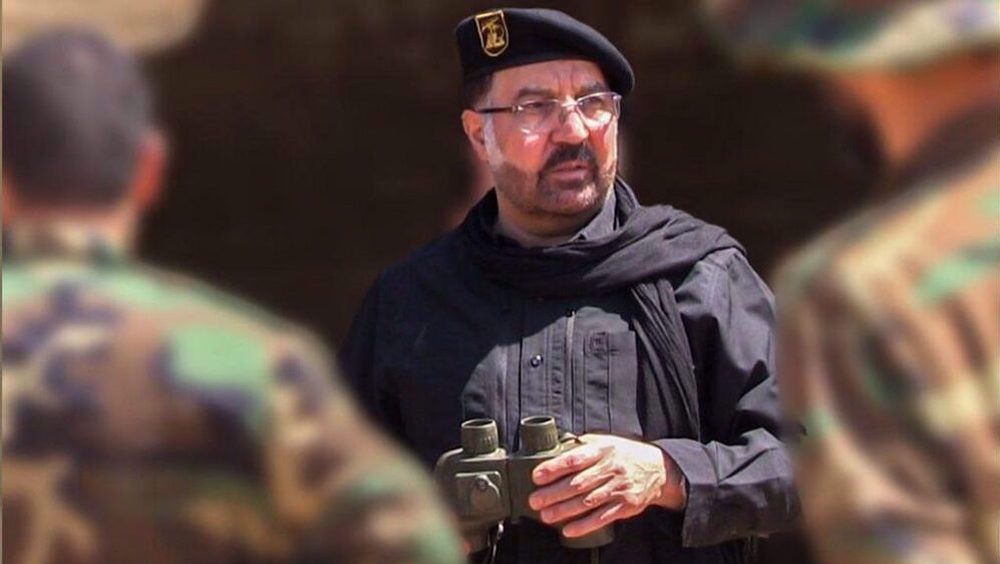Hezbollah rejects 'fabricated' WSJ report about Fuad Shukr's assassination
Lebanon’s Hezbollah has vehemently denied a “fabricated” story by the Wall Street Journal that claimed the assassination on July 30 of the resistance movement's high-ranking commander Fuad Shukr came as a result of "a major security breach in Hezbollah’s internal communications network."
The commander was assassinated in a targeted attack on a building in a congested neighborhood of the southern suburbs of Lebanon’s capital Beirut. The attack was soon claimed by Israel.
On Sunday, the Wall Street Journal claimed that the Hezbollah commander was killed after “a call lured him from his office to his seventh-floor residence, making him an easier target.”
The Journal claimed that it had spoken with a Hezbollah official, who said the Lebanese movement was investigating “the security breach.” It said Hezbollah suspected that “Israel used advanced technology to outmaneuver their countersurveillance system.”
In a statement on Telegram, Hezbollah said the story published by the Journal was “full of lies.”
“None of the three newspaper correspondents who put their names on the aforementioned article have ever met any Hezbollah officials at all,” Hezbollah said.
“Therefore, the false story from its foundation and the source attributed to it are nothing more than the imagination of its writers.”
The article, Hezbollah said, aimed to spread Israeli propaganda “in the service of the Zionist project.”
Commander Shukr was a longtime trusted friend and close confidant of Hezbollah leader Hassan Nasrallah.
At his funeral ceremony, Nasrallah described the martyrdom of Shukr as a "big loss," but reassured that his loss "will not weaken Hezbollah whatsoever."
The resistance movement has vowed to retaliate against Israel.
Spain jurists demand ties with Israel ties be cut
VIDEO | Press TV's news headlines
VIDEO | Iran honors top Science Olympiad medalists
VIDEO | Austrians arrested at Gaza protest in Vienna
10 killed in bus crash in western Iran
VIDEO | One-man-band journalism with Civili
5 Israeli forces killed as Palestinian fighters face up to regime’s war machine
VIDEO | An insider's view of the country: Persian Tahini, Royan in Mazandaran













 This makes it easy to access the Press TV website
This makes it easy to access the Press TV website